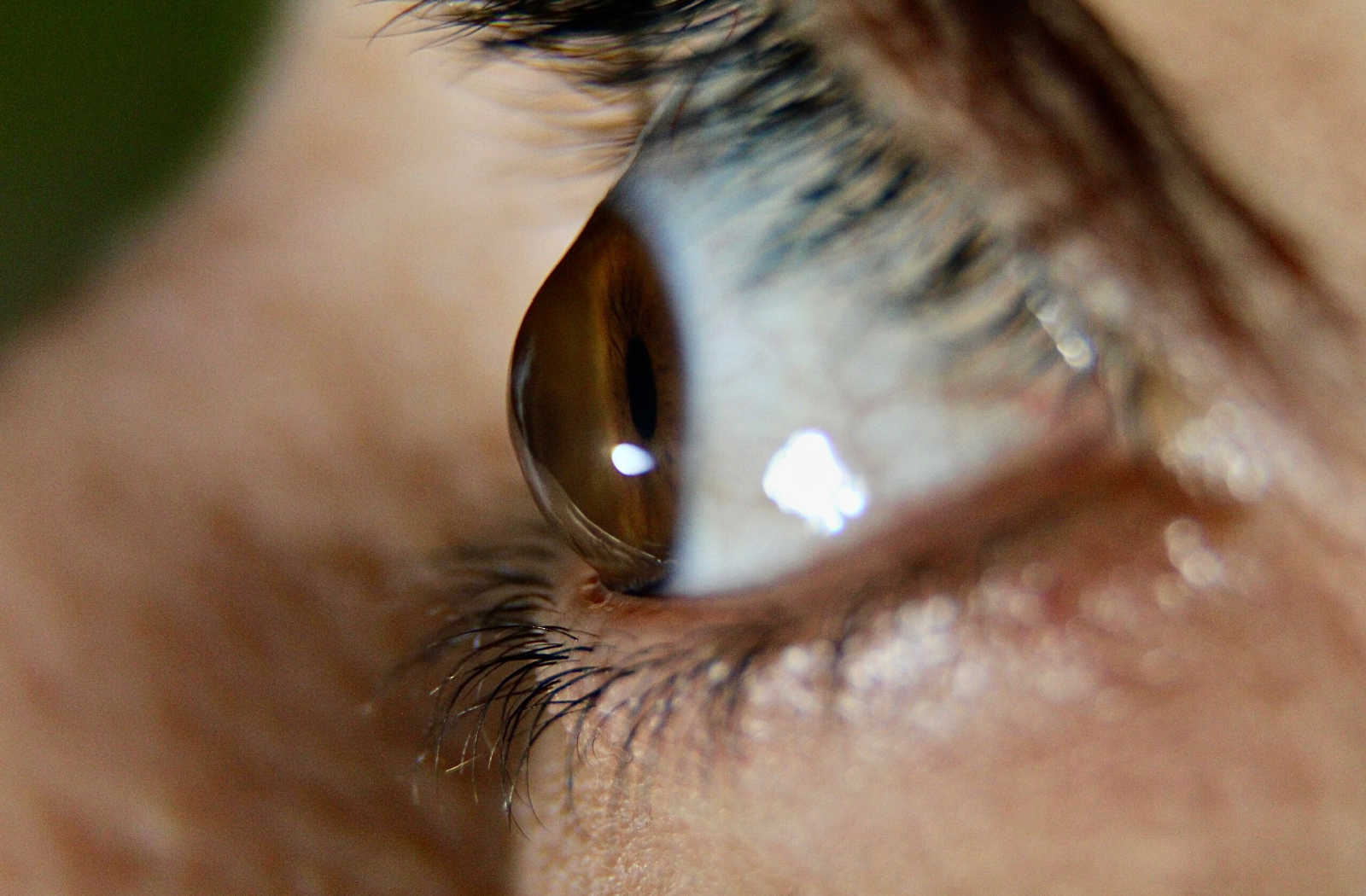All Categories
Featured
When it concerns sun safety, most people focus on shielding their skin from damaging UV rays. The effects of UV radiation on your eyes are just as crucial yet often ignored. Prolonged direct exposure to ultraviolet (UV) rays can lead to numerous eye conditions, several of which might cause long-term damages or vision loss. Whether you're outdoors on a warm coastline or taking a stroll on a cloudy day, recognizing how UV rays influence your eyes and discovering just how to protect them is essential for maintaining healthy vision.
What Are UV Rays and Just How Do They Influence the Eyes? UV rays are a form of unnoticeable radiation discharged by the sunlight. There are 3 sorts of UV rays:
UVA Rays: These permeate deeply right into the skin and eyes, adding to lasting damage. UVB Rays: These are more extreme and can cause surface-level damage, such as sunburn or corneal damage. UVC Rays: These are one of the most damaging however are soaked up by the Earth's atmosphere and seldom posture a direct risk. Both UVA and UVB rays can damage various components of the eye, including the cornea, lens, and retina.
Short-Term Impacts of UV Direct Exposure. Also a brief duration of extreme UV exposure can hurt your eyes. A common condition arising from this is photokeratitis, commonly referred to as "sunburn of the eye." Signs include:
Uncomfortable or red eyes. Level of sensitivity to light. Excessive tearing. Temporary blurry vision. Photokeratitis is typically momentary yet acts as a tip of the prompt threats of UV radiation.
Long-Term Impacts of UV Exposure. Advancing UV direct exposure over time can bring about several extreme eye problems, consisting of:

Cataracts: UV rays increase the growth of cataracts, a problem where the lens of the eye becomes gloomy, leading to vision problems. Cataracts are a leading source of loss of sight worldwide.
Macular Degeneration: The macula, a component of the retina in charge of main vision, can be damaged by extended UV exposure, increasing the danger of age-related macular degeneration (AMD)
Pterygium: Commonly called "internet user's eye," this condition includes a growth of cells on the white part of the eye, which can cross the cornea and impair vision.
Pinguecula: UV direct exposure can cause yellowish spots to base on the conjunctiva, resulting in inflammation and pain.
Skin Cancer Cells Around the Eyes: The fragile skin surrounding the eyes is extremely at risk to UV radiation, enhancing the threat of basal and squamous cell cancer.
Safeguarding Your Eyes from UV Damages. The bright side is that shielding your eyes from UV radiation is easy and reliable. Below are some crucial suggestions:
Use UV-Blocking Sunglasses. Select sunglasses that block 100% of UVA and UVB rays. Seek tags showing "UV 400" defense. Wrap-around designs supply extra insurance coverage, avoiding UV rays from getting in from the sides.
Use a Wide-Brimmed Hat. A hat with a large brim can obstruct virtually 50% of UV rays, providing additional defense for your eyes and the delicate skin around them.
Prevent Top Sun Hours. UV rays are best between 10 a.m. and 4 p.m. Lessen your outside direct exposure during these hours, or guarantee you're adequately protected if you require to be outside.
Shield Your Eyes Year-Round. UV rays are present year-round, even on over cast or snowy days. Snow, sand, and water can show UV rays, intensifying their effects. Make sunglasses a component of your day-to-day routine, despite the period.
Consider UV-Blocking Get In Touch With Lenses. Numerous call lenses currently supply UV security, which can be an extra protect when coupled with sunglasses.
Motivate Eye Protection for Children. Kid's eyes are a lot more at risk to UV damages since their lenses are more clear, allowing more UV light to reach the retina. Guarantee they use sunglasses and hats when playing outdoors.
Schedule Routine Eye Examinations. Normal visits to an eye care expert are vital for checking your eye health. An optometrist can spot very early indications of UV-related damage and recommend remedies, such as prescription sunglasses or UV-blocking glasses tailored to your demands.
Final thought. UV rays may be undetectable, but their influence on your eye wellness is very actual. From short-term pain to long-term problems like cataracts and macular degeneration, the risks of UV direct exposure are too considerable to neglect. By wearing UV-blocking sunglasses, restricting your direct exposure throughout height hours, and scheduling normal eye exams, you can safeguard your vision and take pleasure in the outdoors securely. Remember, your eyes are just one of your most beneficial assets-- take the necessary steps to secure them from unsafe UV rays today.
Latest Posts
Discover Exclusive Auto Repair Offers in Chicago at Montclare Auto Repair
Explore the Top Auto Repair Deals in Montclare, Chicago
Learn Why Chicago Drivers Trust Montclare Auto Repair for Reliable Service and Huge Savings
More
Latest Posts
Discover Exclusive Auto Repair Offers in Chicago at Montclare Auto Repair
Explore the Top Auto Repair Deals in Montclare, Chicago
Learn Why Chicago Drivers Trust Montclare Auto Repair for Reliable Service and Huge Savings